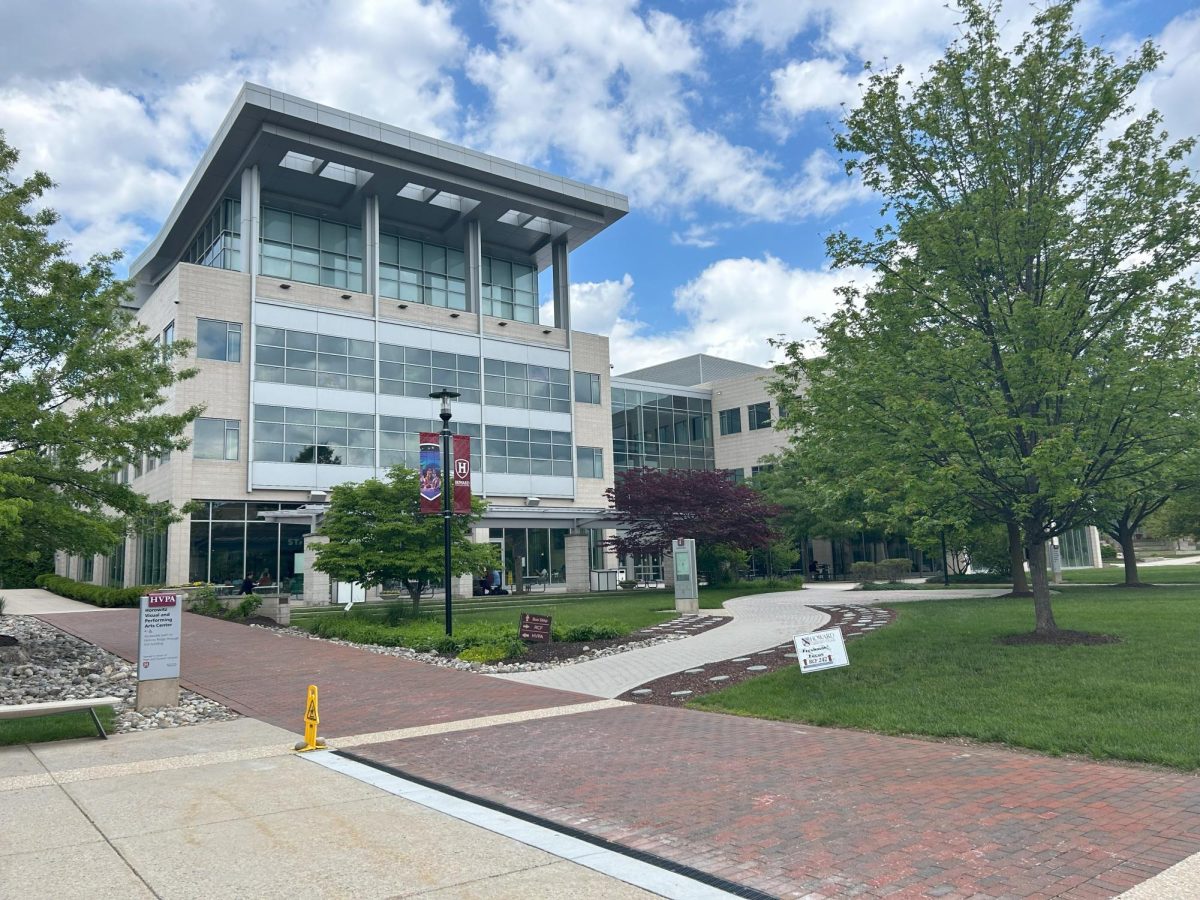HCC Diversity Week: Female Students Struggling with ADHD
April 3, 2020
On Monday, March 9th, Dr. Ruth Hughes spoke at Howard Community College for the diversity event sponsored by Disability Support Services called “Late, Lost and Overwhelmed: Women College Students and ADHD.” Dr. Hughes, who works at HCC’s Disability Support Services center as a counselor, talked about ADHD and how it impacts women’s transition into adulthood. The event was held in the RCF building during HCC’s Diversity Week and included a PowerPoint Presentation with quotes from several female HCC students with an ADHD diagnosis.
Dr. Hughes began her presentation by defining ADHD. She explained that ADHD is a genetic disorder in which dopamine isn’t transmitted properly between the neurons in the brain, preventing brain cells from communicating as effectively. Some of the most common symptoms include problems with attention, executive functioning, planning, and staying organized and on-task. All of these things are required in college, which can make it extremely difficult for someone with ADHD to succeed in a college environment.
According to Dr. Hughes, women often have a more difficult time with ADHD than men. “Because men tend to externalize their symptoms,” she says, “they show up in their behavior and everybody notices. Women tend to internalize [their symptoms], so they do everything they can to cover up and cope with them without anybody else knowing.” Dr. Hughes explained that this approach, taken by many women with ADHD, can work for a while. Eventually, though, they become overwhelmed and everything falls apart.
Due to the stress and challenges faced by women with ADHD, they have a higher risk of suffering from anxiety and depression than their male counterparts. Dr. Hughes stated that up to 70% of people with ADHD will be treated for depression at some point, and two-thirds of women with ADHD suffer from co-occurring disorders.
There is an average of a three-year delay in the overall brain development of someone with ADHD. For the prefrontal cortex, there can be a five-year delay. This means that an 18-year-old suffering from ADHD can potentially have the brain maturation of someone who is only 14 or 15 years old. The prefrontal cortex is the part of the brain that deals with planning and decision-making, so it is understandable why students with ADHD can have a very difficult time in college, where classes are not quite as structured as they are in high school.
Dr. Hughes discussed different treatment methods to help alleviate symptoms of ADHD including medication, which is effective for approximately 80% of people with ADHD; treatment of co-occurring disorders such as depression and anxiety; therapy such as cognitive-behavioral therapy; and working with an ADHD coach. Several organizational strategies that Dr. Hughes mentioned included planners, organizational apps, timers, post-it notes, and calendars.
When asked what kind of support family and friends can offer to someone with ADHD, Dr. Hughes said, “First of all, really encouraging them to get treatment [can help]. The second thing is really recognizing the strengths and the good things that people bring to the world and encouraging them to build on those strengths, build on what they do really, really well.”
Several quotes from female students at HCC were included in the presentation. All of these women have been diagnosed with ADHD, and they shared some of the struggles they went through. One student wrote, “I internalize…When I fail, I blame it on myself. When I’m late, I blame it on myself. When I make careless mistakes, I blame it on myself. I internalize all of my failures so much so that I’ve been diagnosed with anxiety, too.” The same student commented that when she is placed in a class that is not very interesting to her, she has to “work 10 times harder than the average student just to keep up the pace with the rest of the class.”
One of the biggest takeaways from Dr. Hughes’ presentation was that 70-80% of students with ADHD drop out of college, even though the majority of them are fully capable of doing the work. Most of the time, these students just needed extra support that they either couldn’t receive or were too hesitant to ask for. Academics is the single most challenging field in existence for those with ADHD, and helping to end the stigma on mental illness can encourage more students to reach out for help. HCC’s Disability Support Services center is located on the third floor of the RCF building in room 326. Although campus is currently closed, Disability Support Services are still available remotely. They can be reached at 443-518-1300.







